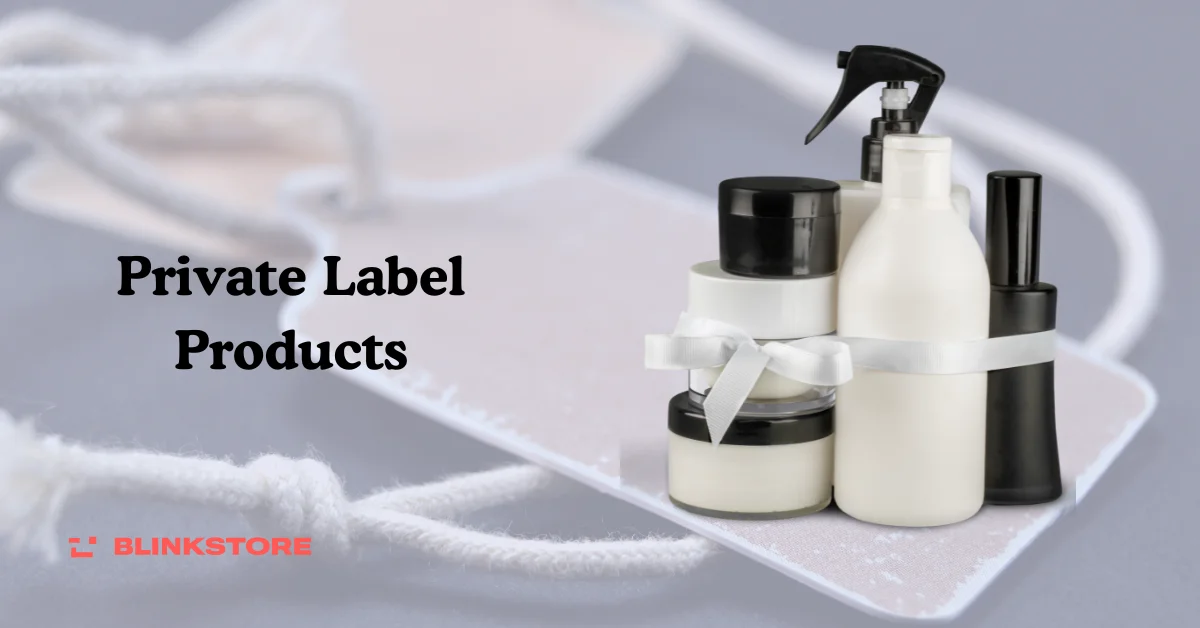Private labeling has become a crucial strategy for businesses looking to differentiate themselves in the market while maintaining control over their products.
By outsourcing the manufacturing process to third-party suppliers, retailers can offer exclusive products under their brand names, often at competitive prices.
This practice enhances the retailer’s brand identity and allows them to focus on core competencies like sales and marketing.
This article will explore the world of private labeling, discussing what private label products are, how to find and create them, and strategies for successfully selling them. Ready to make your brand stand out? Let’s get started!
Table of Contents
What is a Private Label Product?
Private label products are goods manufactured by one company and sold under the brand name of another company. This strategy allows retailers to offer exclusive products that customers can’t find anywhere else.
The magic lies in the ability to design, brand, and market these products as your own, giving you complete control over the product’s identity and customer experience.
Private-label products come in many categories, including beauty, health, food, and electronics. Essentially, if there’s a market for it, you can create a private-label version.
By tapping into this approach, businesses can establish a unique brand presence, cater to specific customer needs, and increase their profit margins without the complexities of manufacturing.
Top 15 Best Private Label Products to Sell
When considering best products to sell, it’s essential to choose items that align with current market trends and consumer demands. These products should not only cater to a broad audience but also offer unique features that set them apart from competitors. Here’s the list of best 15 private label products:
1. Water Bottles
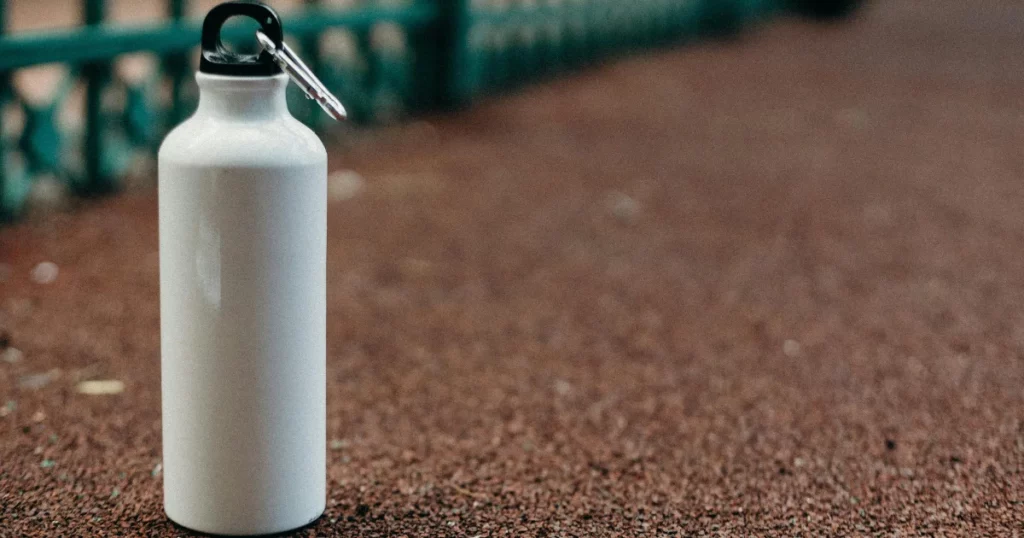
Water bottles are among the best private label products to sell due to their universal appeal and growing focus on sustainability. You can offer a variety of styles, including stainless steel, glass, and BPA-free plastic, each catering to different preferences. Customizable designs and eco-friendly options can set your brand apart, making them one of the best selling private label products.
2. Phone Accessories

Phone accessories, such as cases, screen protectors, and charging cables, are top choices for private labeling. With the constant evolution of smartphone technology, the demand for these accessories remains high. Custom designs and innovative features can help you create the best private label products in this category.
3. Yoga Mats

Yoga mats are ideal for the growing wellness market, making them excellent private label products. High-quality materials, such as non-toxic and eco-friendly options, can appeal to health-conscious consumers. Unique designs and added features like extra thickness or non-slip surfaces can make your yoga mats stand out as the best private label products to sell.
4. Bags and Backpacks
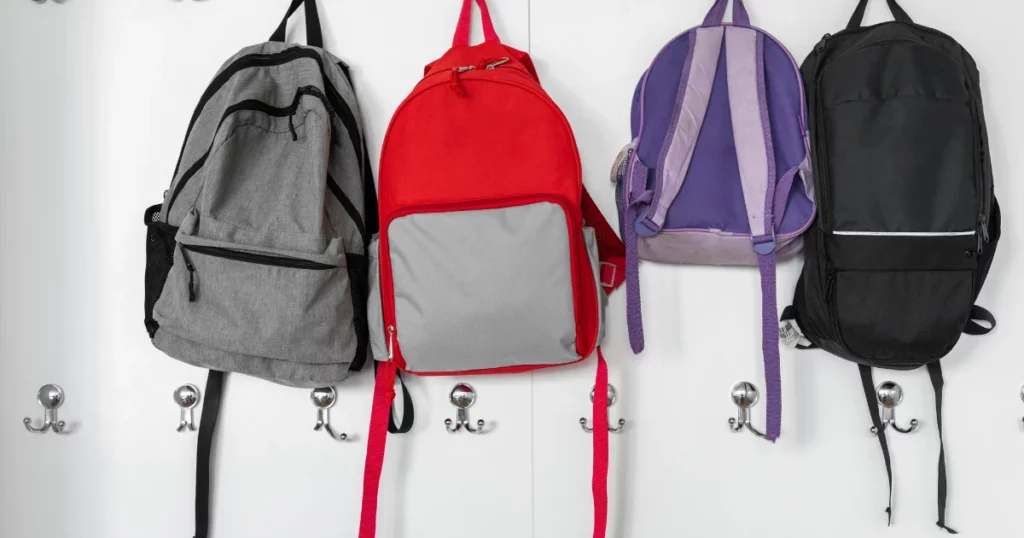
Bags and backpacks offer endless customization possibilities, making them among the best private label products. From trendy designs to functional features, these items cater to various markets, including students, professionals, and travelers. Durable materials and practical designs can enhance their appeal, making them some of the best selling private label products.
5. Pet Accessories

Pet accessories, such as collars, leashes, and toys, are among the best private label products to sell, given the growing pet care market. Customizable and high-quality products can cater to pet owners looking for unique and reliable options. Offering a variety of styles and materials can make your brand a go-to choice for pet accessories.
6. Skincare Products
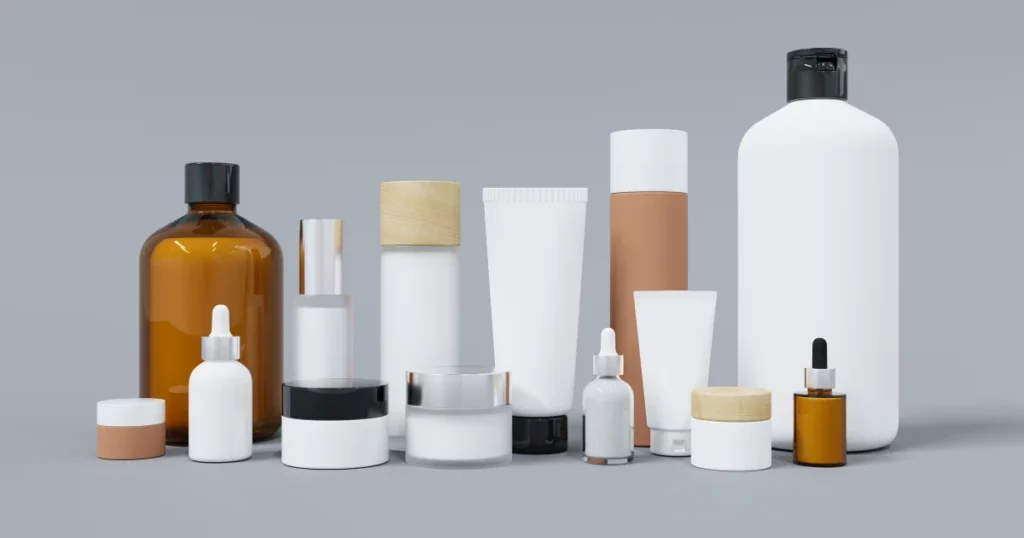
Skincare products, including moisturizers, serums, and cleansers, are always in demand, making them some of the best private label products. High-quality ingredients and innovative formulations can attract a loyal customer base. By focusing on natural and organic options, you can cater to the growing market of health-conscious consumers.
7. Health Supplements
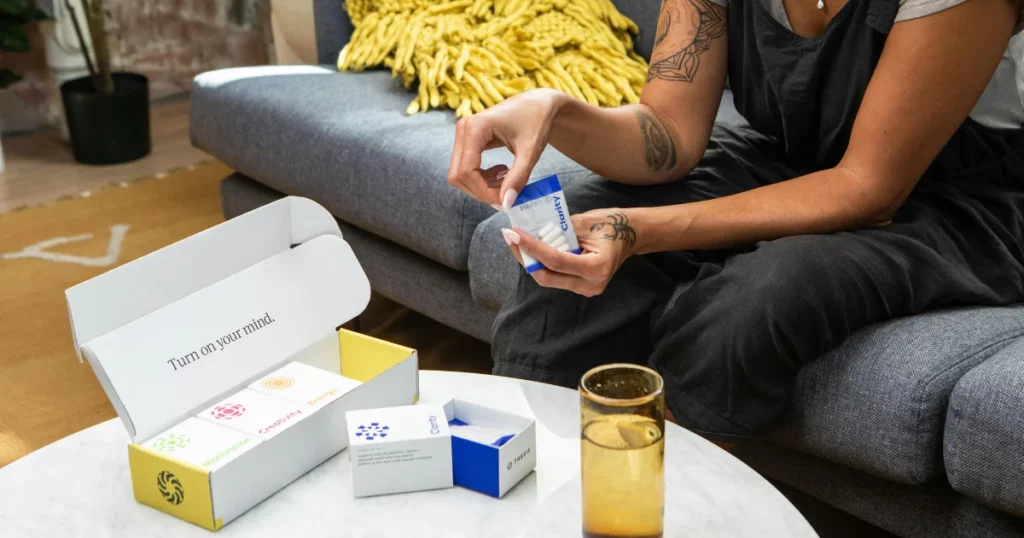
Health supplements, such as vitamins, protein powders, and probiotics, are top choices for private labeling. The increasing focus on health and wellness makes these products highly desirable. Offering high-quality, certified supplements can establish trust and credibility with consumers.
8. Fitness Equipment
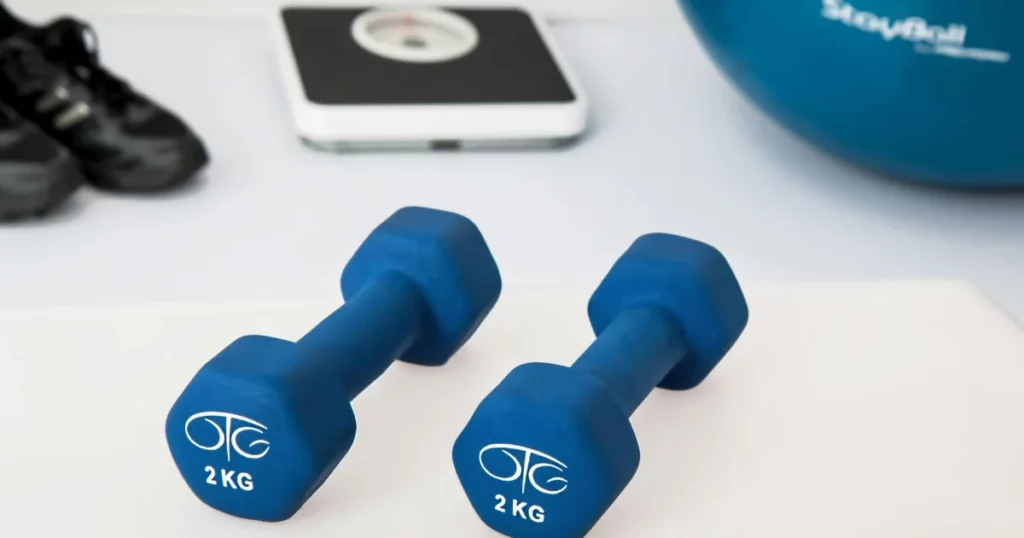
Fitness equipment, like resistance bands, dumbbells, and foam rollers, are excellent private label products. With more people focusing on home workouts, the demand for such equipment has surged. High-quality, durable products with unique features can attract fitness enthusiasts.
9. Organic Snacks

Organic snacks, including granola bars, dried fruits, and nuts, are among the best private label products to sell. The rising demand for healthy and organic food options makes this a lucrative market. Offering unique flavors and high-quality ingredients can set your products apart.
10. Hair Care Products
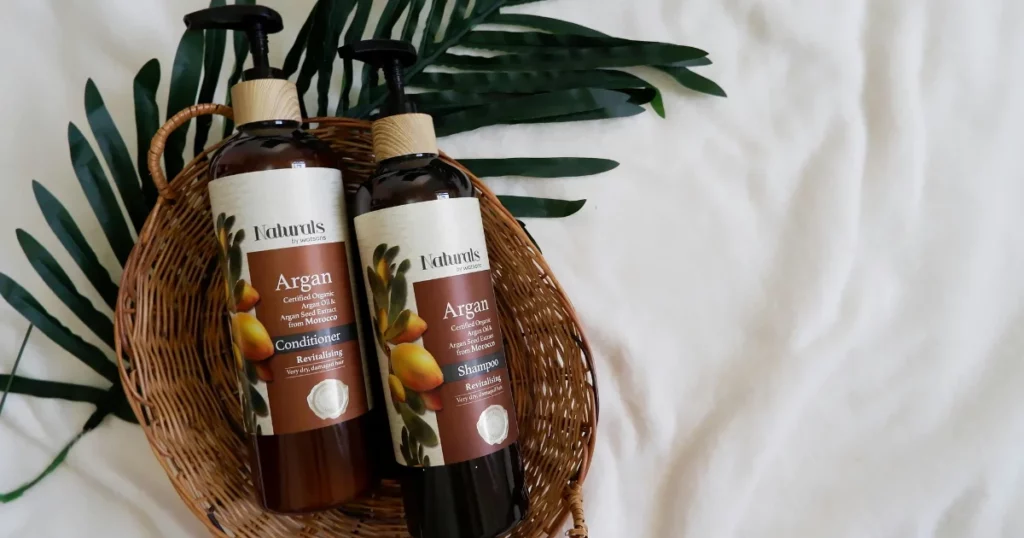
Hair care products, including shampoos, conditioners, and hair masks, are popular private label options. High-quality, natural ingredients can attract consumers looking for effective hair care solutions. Offering specialized products for different hair types and concerns can make your brand stand out.
11. Baby Products
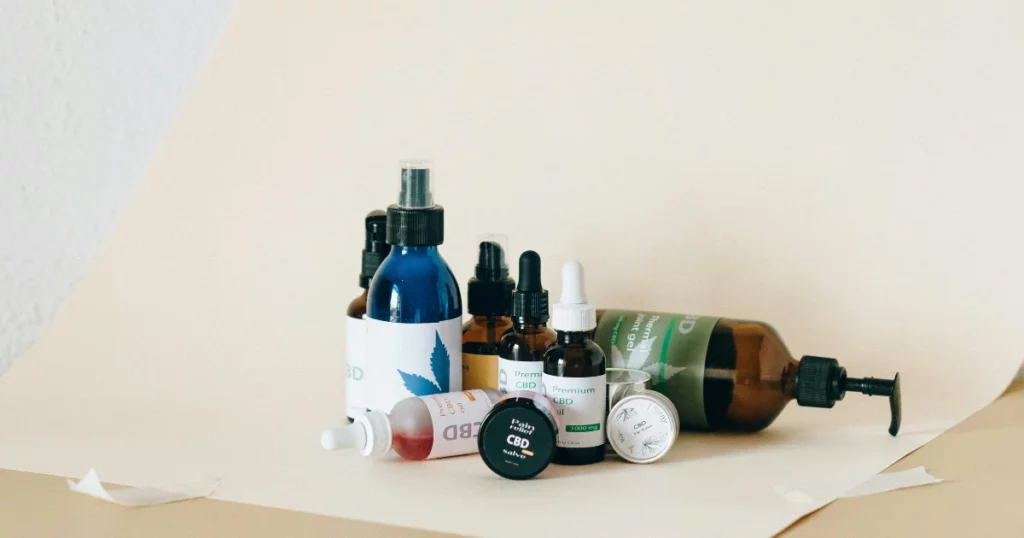
Baby products, such as organic baby food, gentle skincare, and safe toys, are highly sought after in the private label market. Parents are willing to invest in high-quality, safe products for their children. Customizable, eco-friendly options can attract a loyal customer base
12. Home Decor Items

Home decor items, like candles, throw pillows, and wall art, are excellent private label products. Unique designs and high-quality materials can appeal to a wide range of consumers. Offering customizable options can make your brand stand out in the crowded market.
13. Kitchen Gadgets

Kitchen gadgets, such as innovative utensils, cookware, and storage solutions, are among the best private label products. High-quality, durable items that solve common kitchen problems can attract a broad audience. Unique designs and practical features can make your products stand out.
14. Clothing and Apparel

Clothing and apparel offer a wide range of opportunities for private labeling, from casual wear to sportswear. High-quality materials and trendy designs can attract a large customer base. Partnering with Blinkstore can provide easy access to customizable apparel, enhancing your brand’s unique offerings.
15. Cosmetics

Cosmetics including makeup, nail polish, and beauty tools are highly popular in the private label market. High-quality, cruelty-free, and innovative products can appeal to beauty enthusiasts. Customizable packaging and a wide range of color options can set your brand apart in this competitive industry.
5 Benefits of Private Label Products:
Here are the five benefits of Private Label Products:
1. Full Control Over Branding
With private label products, you have complete control over every aspect of branding, from the product name and logo to the packaging design and marketing strategy.You can tailor the product’s appearance and messaging to align perfectly with your brand values and market positioning.
2. Higher Profit Margins
Private labeling often leads to higher profit margins because you eliminate intermediaries. By sourcing directly from manufacturers and selling under your own brand, you cut out the costs associated with buying from third-party brands. This direct relationship with manufacturers also allows for better negotiation on production costs, enabling you to price your products competitively while maintaining healthy profit margins.
3. Exclusivity and Customer Loyalty
Offering private label products can significantly enhance customer loyalty. Since these products are unique to your store, customers cannot find them elsewhere, encouraging repeat purchases and fostering a sense of exclusivity. This exclusivity can create a strong bond between your brand and your customers, as they come to rely on your unique offerings.
4. Adaptability and Flexibility
Private labeling gives you the flexibility to quickly adapt to market trends and customer feedback. You can make changes to your products more rapidly than if you were selling third-party brands. This agility allows you to stay ahead of the competition by introducing new features, improving product quality, or launching entirely new product lines in response to market demands.
5. Enhanced Market Differentiation
Instead of selling the same products that other retailers offer, you can provide something unique that stands out in the market. This differentiation can be a significant competitive advantage, helping you attract and retain customers who are looking for something special and different from mainstream options.
Difference Between White Label and Private Label Products
White-label and private-label products are often used interchangeably, but they have distinct differences.
White Label Products are generic products produced by a manufacturer and sold to multiple retailers who rebrand them as their own. The manufacturer specifies the product design, ingredients, and packaging, while the selling company only provides the brand name that appears on the label.
Private Label products are also manufactured by one company but sold under the retailer’s or company’s own brand name. In this case, the selling company specifies the product details, such as design, materials, and packaging to meet their specific requirements.
In short, with White label products, manufacturer retains control over the product specifications, while with private label, the selling company has more control and can customize the product to their brand.
How to Find Private Label Products?
To find best private label products to sell, let’s delve into the needed steps:
1. Identify Market Trends and Consumer Demand:
Begin by researching customer’s interest. Use tools like Google Trends, industry reports, and social media insights to identify the best private label products in demand. Look for categories with growing interest and less competition to maximize your chances of success. Understanding the differences between Dropshipping Vs Private label can also help in determining the right approach for your business strategy.
2. Analyze Competitors and Product Gaps:
Study your competitors to understand what private label products they offer and identify gaps in the market. Look for products that competitors might be overlooking or areas where you can offer an improved version. This can help you find the best private label products to sell that cater to unmet consumer needs.
3. Utilize Online Marketplaces and Directories:
Platforms like Alibaba, AliExpress, and ThomasNet are excellent resources for finding private label manufacturers and suppliers. These directories can help you discover a wide range of the best private label products, from electronics to beauty items, ensuring you have diverse options to choose from.
4. Engage with Manufacturers and Suppliers:
Contact potential manufacturers and suppliers to discuss your product ideas. Building relationships with reliable partners can help you explore the best private label products they can offer. Make sure to request samples and check quality standards before finalizing any agreements.
5. Utilize Customer Feedback and Reviews:
Check customer reviews and do the needful. This insight can reveal what consumers like or dislike about existing products, guiding you in creating the best private label products to sell. Incorporate this feedback to enhance your product offerings and meet customer expectations effectively.
How to Create Private Label Products: 6-Simple Steps to Follow
Creating private label products can be a great way to build your brand and boost profits. Follow these steps to find the best private label products to sell and market them effectively.
1. Research Market Trends
Start by looking into market trends to find out which private label products are popular. Look for high-demand items with less competition. Check customer reviews and feedback to see what improvements or variations could make your product stand out.
2. Choose the Right Products
Select products that meet specific needs or solve common problems. The best private label products to sell are those in niche markets or emerging trends. Health and wellness, beauty, and home goods are popular categories that often have the best selling private label products.
3. Find a Reliable Manufacturer
Your product quality depends on your manufacturer. Partner with a trustworthy manufacturer who can consistently produce high-quality items. Make sure they understand your requirements and can meet your standards. A good manufacturer can also provide insights into the best private label products to sell.
4. Develop Your Brand Identity
Create a strong brand with a memorable name, logo, and packaging. Your brand should highlight the quality and uniqueness of your products. Good branding makes your private label products more appealing and helps in selling them effectively.
Also Read: 5 Free Logo Generators For Your Online Store
5. Ensure Compliance and Quality Control
Make sure your products meet all relevant regulations and standards, including safety and labeling requirements. Regularly test your products and gather customer feedback to maintain high quality. This ensures you are offering the best private label products on the market.
6. Market and Launch Your Products
Create a marketing plan to promote your products. Use social media, email campaigns, influencer partnerships, and other channels to reach your audience. Emphasize what makes your products unique and why they are the best private label products to sell. Effective marketing will help you attract customers and boost sales.
How to Sell Private Label products:
To sell private label products, follow these key steps:
First, research your target market to identify profitable product opportunities. Analyze best-selling items on Amazon and other marketplaces to find ideas. Once you have a product in mind, find a reliable manufacturer to produce it to your specifications. Work closely with them on design, materials, and quality control. Develop attractive packaging and branding that stands out on the shelf or online.
Next, create an effective online presence to market and sell your private label products. Set up your own ecommerce website or open seller accounts on platforms like Blinkstore, Amazon, Shopify, or eBay. Write compelling product listings with high-quality images and videos. Use relevant keywords to optimize your listings for search. Run targeted ads on social media and search engines to drive traffic. Offer excellent customer service and respond promptly to queries and reviews. Continuously monitor sales data and customer feedback to refine your products and marketing strategy over time.
Summing Up
Private labeling is a strategic approach that allows businesses to offer unique products under their own brand names, thereby enhancing their market differentiation and customer loyalty. By outsourcing manufacturing, companies can focus on branding, marketing, and sales while maintaining control over product quality and design. This article explored the concept of private labeling, its benefits, and practical steps for creating and selling private label products. By using private labeling, businesses can enjoy higher profit margins, greater adaptability, and a stronger brand identity in a competitive marketplace.
FAQs
What does Private label products mean?
Private label products are goods produced by one company and sold under another company’s brand name, allowing the seller to market and sell the products as their own.
What factors should I consider when choosing a manufacturer for private label products?
Consider the manufacturer’s reliability, product quality, compliance with regulations, and ability to meet your specifications and standards.
What are some popular categories for private label products?
Popular categories include skincare, health supplements, fitness equipment, organic snacks, and pet accessories.
